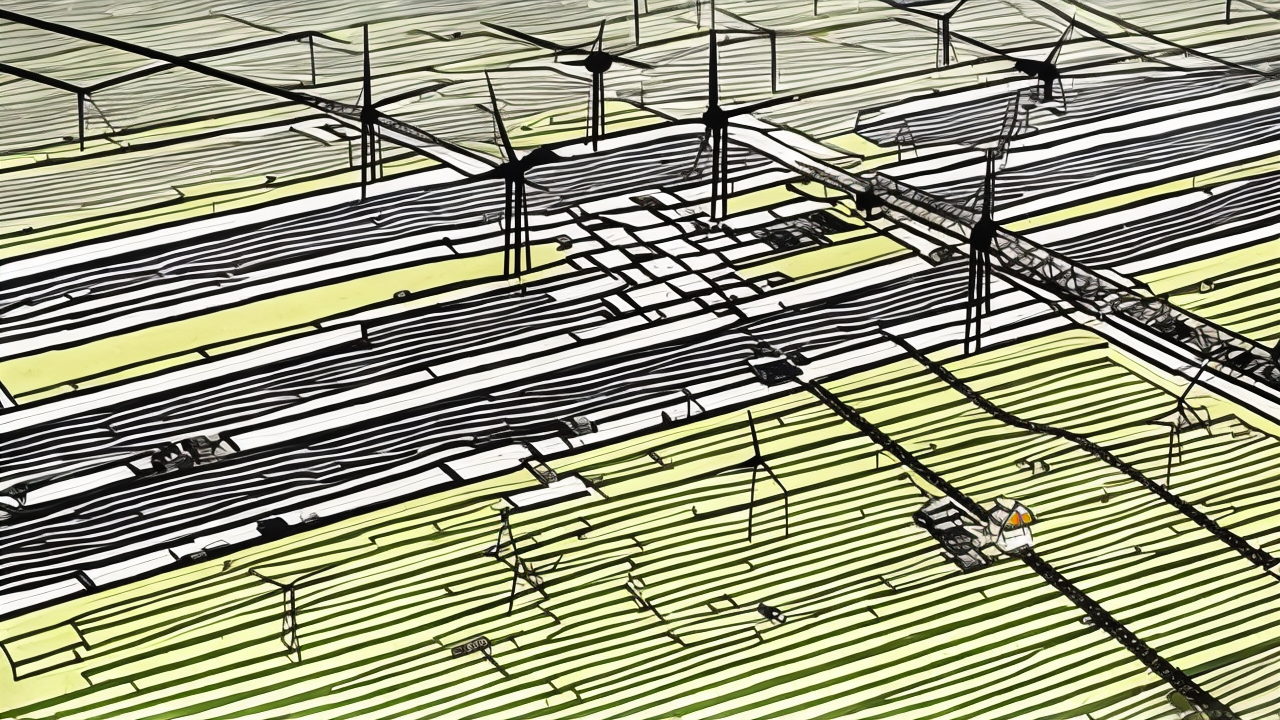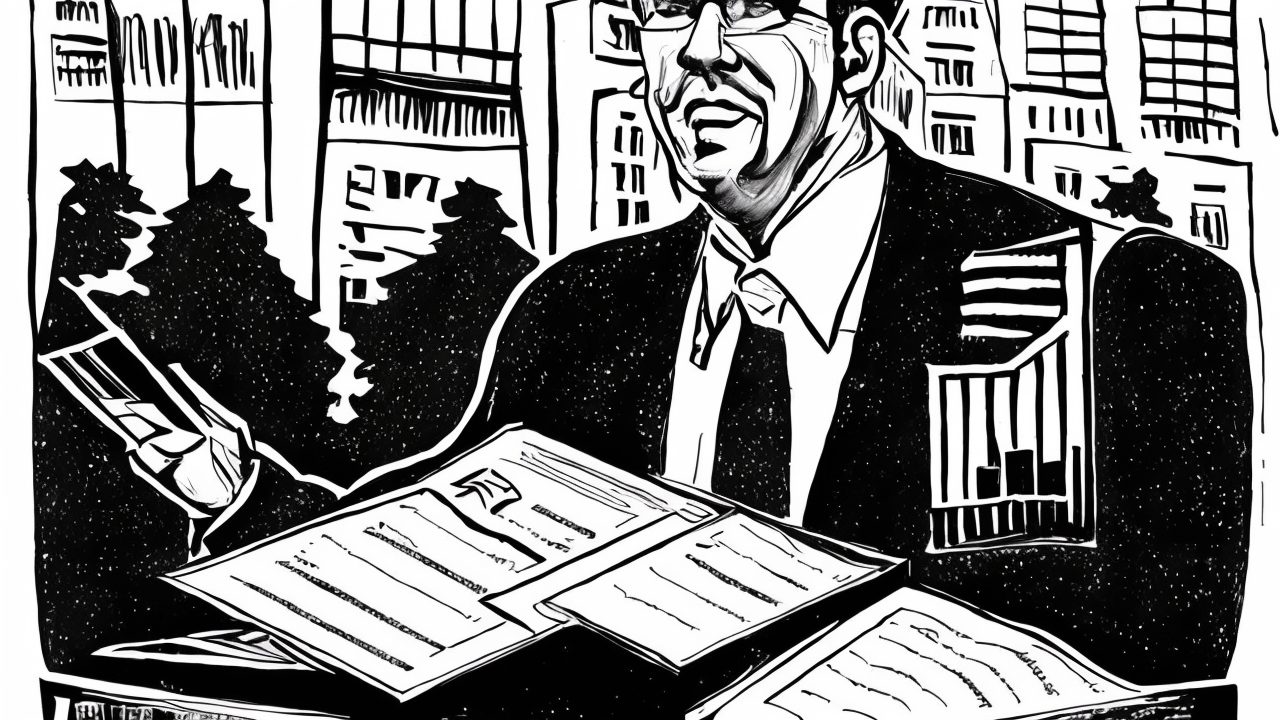Johnson Unaware of $500M Carbon Removal Funding Risk in His District

House Speaker Mike Johnson recently admitted he was unaware that his Louisiana district could lose $500 million in federal funding tied to a carbon removal initiative. The revelation has sparked concern among constituents and lawmakers alike, not only over the fate of the project itself but over the broader pattern of federal spending on climate-related programs. While the project—part of a larger network of direct air capture hubs—was designed to remove up to 1 million metric tons of carbon dioxide annually, its future now hangs in the balance due to shifting political priorities and budget constraints.
The initiative, funded through a $3.5 billion allocation from the 2021 bipartisan infrastructure law, was intended to position the Gulf Coast as a leader in emerging climate technology. Developed by Occidental Petroleum and a consortium led by the nonprofit Battelle, the hubs were seen as a forward-looking investment in environmental innovation. Yet, even as federal dollars flowed into the project, questions have mounted about its long-term viability, scalability, and whether it represents the best use of taxpayer money.
Republican lawmakers from Louisiana and Texas have echoed concerns about the financial risks involved. Some have questioned whether such large-scale, experimental efforts should take precedence over more immediate infrastructure needs. The potential loss of $1 billion in federal funding across the region is not just a matter of budgetary concern—it represents a real threat to economic stability in communities that have placed trust in federal promises.
Critics argue that the current approach to climate policy often prioritizes high-profile projects over proven, practical solutions. While reducing carbon emissions remains a legitimate goal, the methods being pursued—especially those relying on untested technology and massive public investment—raise concerns about efficiency and accountability. The focus on direct air capture, for instance, has drawn skepticism from experts who note that such systems remain energy-intensive and costly to operate at scale.
This growing unease reflects a deeper debate about the role of government in driving technological change. When federal funds are funneled into speculative ventures, especially those with uncertain outcomes, the opportunity cost becomes clear: resources that could strengthen energy grids, modernize transportation systems, or support local industries are instead diverted into projects whose benefits may not materialize for decades.
Moreover, the fact that a sitting Speaker of the House was unaware of the risks to his own district raises questions about oversight and transparency. If elected leaders cannot track how federal dollars are being used in their own regions, how can citizens expect meaningful accountability? This disconnect undermines public trust and weakens the foundation of responsible governance.
As the Trump administration reportedly weighs potential cuts to the direct air capture program, the stakes have only grown higher. Local businesses, researchers, and workers who have invested time and effort into these projects now face uncertainty. Without clear direction and a commitment to fiscal responsibility, such initiatives risk becoming political liabilities rather than national assets.
The path forward must be grounded in prudence. Rather than chasing ambitious but unproven climate solutions, policymakers should focus on investments that deliver measurable results. Strengthening energy infrastructure, supporting innovation that works today, and ensuring taxpayer dollars are spent with transparency and accountability should be the priority.
In the end, true national progress is not measured by the size of a project’s budget or the novelty of its concept, but by its real-world impact. When government spends wisely and leaders stay informed, communities thrive. The current moment calls not for more grand experiments, but for better stewardship of the nation’s resources.
Published: 10/9/2025








